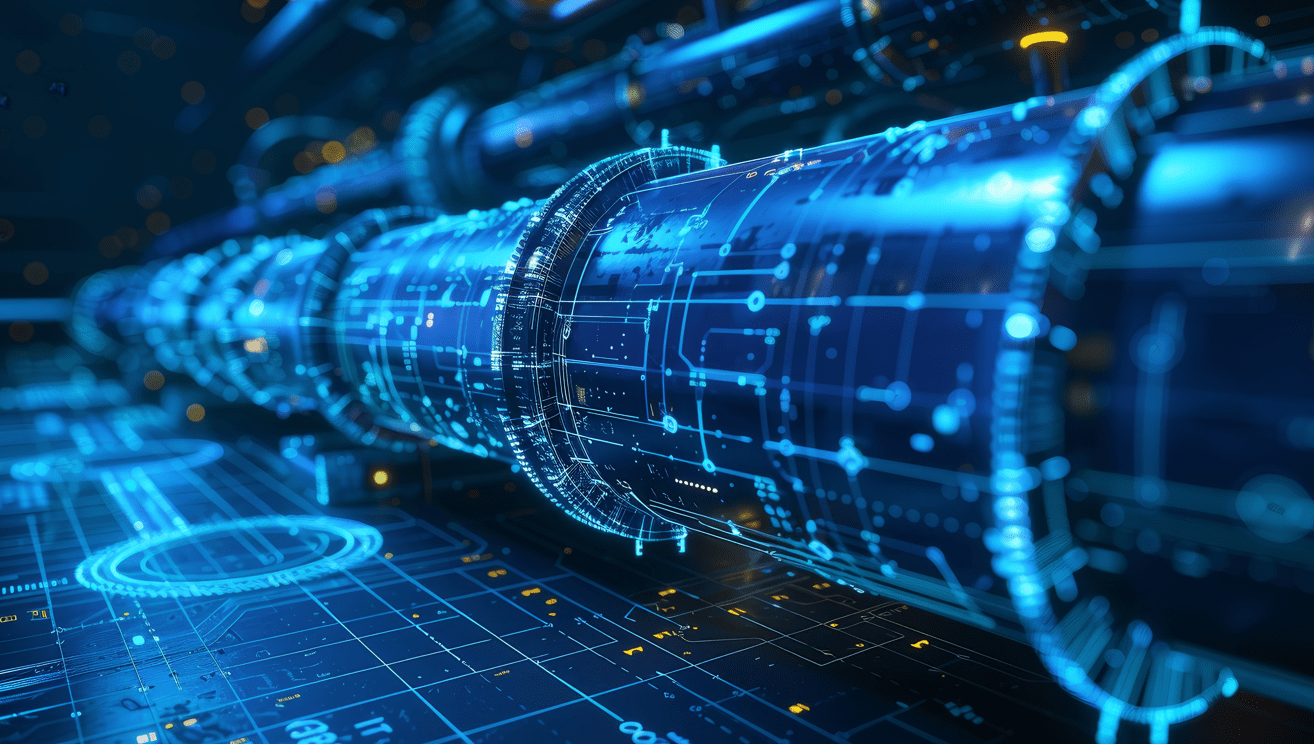In today’s fast-paced industrial landscape, efficiency and reliability are paramount. As industries evolve, so too must the systems that support them. Industrial piping is undergoing a significant transformation, driven by innovations in materials, technology, and design.

The foundation of effective piping systems lies in the materials used. Traditional materials like steel and PVC are now complemented by advanced composites and high-performance alloys. These modern materials offer:
New composites resist corrosion and wear, extending the lifespan of piping systems.
Reduced weight improves handling and installation efficiency.
Advanced materials can withstand extreme temperatures, making them suitable for various applications.
The integration of smart technologies is transforming how industries manage their piping systems. IoT (Internet of Things) devices enable real-time monitoring and data collection, providing insights that enhance performance. Key benefits include:
Sensors can detect leaks or wear before they become critical issues, minimizing downtime.
Data analytics allow for better decision-making, improving flow efficiency and reducing energy costs.
Sustainability is at the forefront of modern industrial practices. The shift towards eco-friendly piping solutions is driven by both regulatory pressures and corporate responsibility. Innovations include:
Many new piping systems are made from materials that can be recycled, reducing environmental impact.
Modern designs focus on minimizing energy loss during transportation, contributing to lower overall carbon footprints.
As we look ahead, several trends are poised to shape the future of industrial piping:
Pre-fabricated modular systems will allow for faster and more flexible installations.
Automation in manufacturing and installation processes will enhance efficiency and precision.
Piping systems will increasingly support renewable energy sources, such as solar and wind, as industries seek sustainable solutions.
The revolution in industrial piping is not just about new materials and technologies; it's about creating a more efficient, sustainable, and resilient future. As these innovations continue to emerge, industries that embrace these changes will be better positioned to thrive in an increasingly competitive landscape. Stay tuned to explore more about how industrial piping is evolving and how it can benefit your operations.








